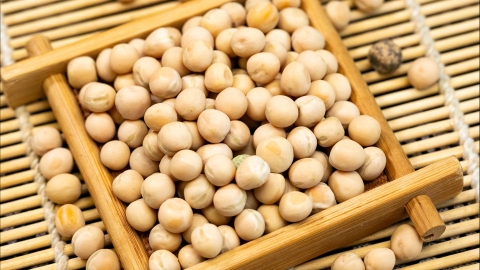Are moldy cooked soybeans toxic?
Generally speaking, cooked soybeans that have developed mold are toxic and should not be consumed. The detailed explanation is as follows:

Cooked soybeans are rich in nutrients such as protein and carbohydrates, and have a relatively high moisture content, making them an ideal environment for mold growth. When mold proliferates extensively inside the soybeans, it produces various harmful toxins, such as aflatoxins. These toxins are highly stable and cannot be completely destroyed by ordinary washing or heating. Once ingested, they can damage organs like the liver and may cause acute poisoning symptoms including nausea, vomiting, and abdominal pain. Long-term consumption could even increase health risks; therefore, moldy cooked soybeans must never be eaten.
Cooked soybeans should be refrigerated or stored in sealed containers promptly, and should not be left at room temperature for more than two hours. If any signs of mold, unusual odor, or abnormal texture are observed before consumption, discard them immediately. Storage containers should be thoroughly cleaned and disinfected in advance to prevent residual mold from contaminating the soybeans. After handling moldy soybeans, hands and any contacted kitchen utensils should be thoroughly washed to avoid cross-contamination of other foods with the toxins.






